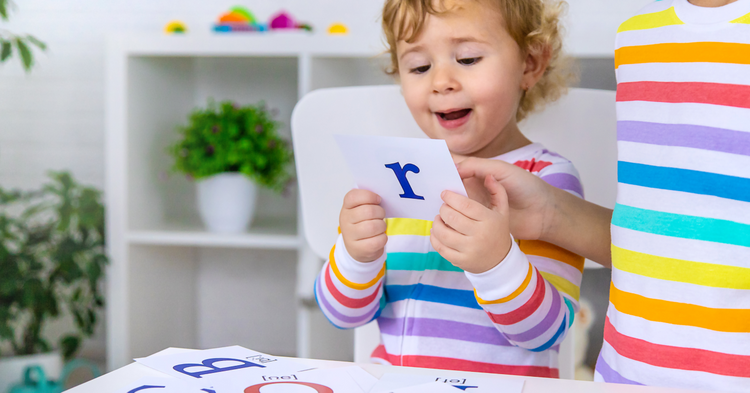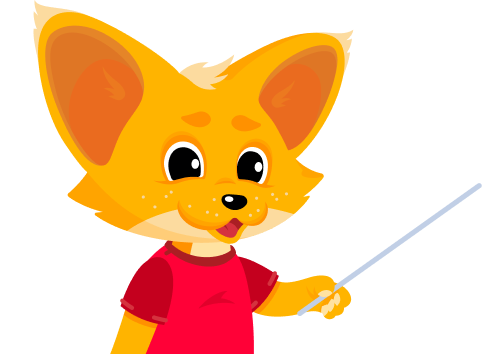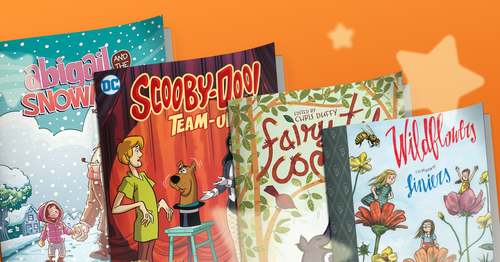Say Hello to the World: Mastering Greetings in English
Every journey begins with a single step; in our English language journey, that first step is mastering greetings. Every conversation, every connection, and every friendship starts with a simple "hello". For our young learners, using greetings introduces them to English and the beautiful world of communication and social interaction.
Did you know that the word 'Hello' wasn't commonly used as a greeting until the invention of the telephone? Alexander Graham Bell, the telephone inventor, initially suggested 'Ahoy' as a standard greeting when answering a call. However, 'Hello' eventually won popularity and is now recognised worldwide!
Everyday Greetings to Start with
Here are some basic greetings your child can begin practising:
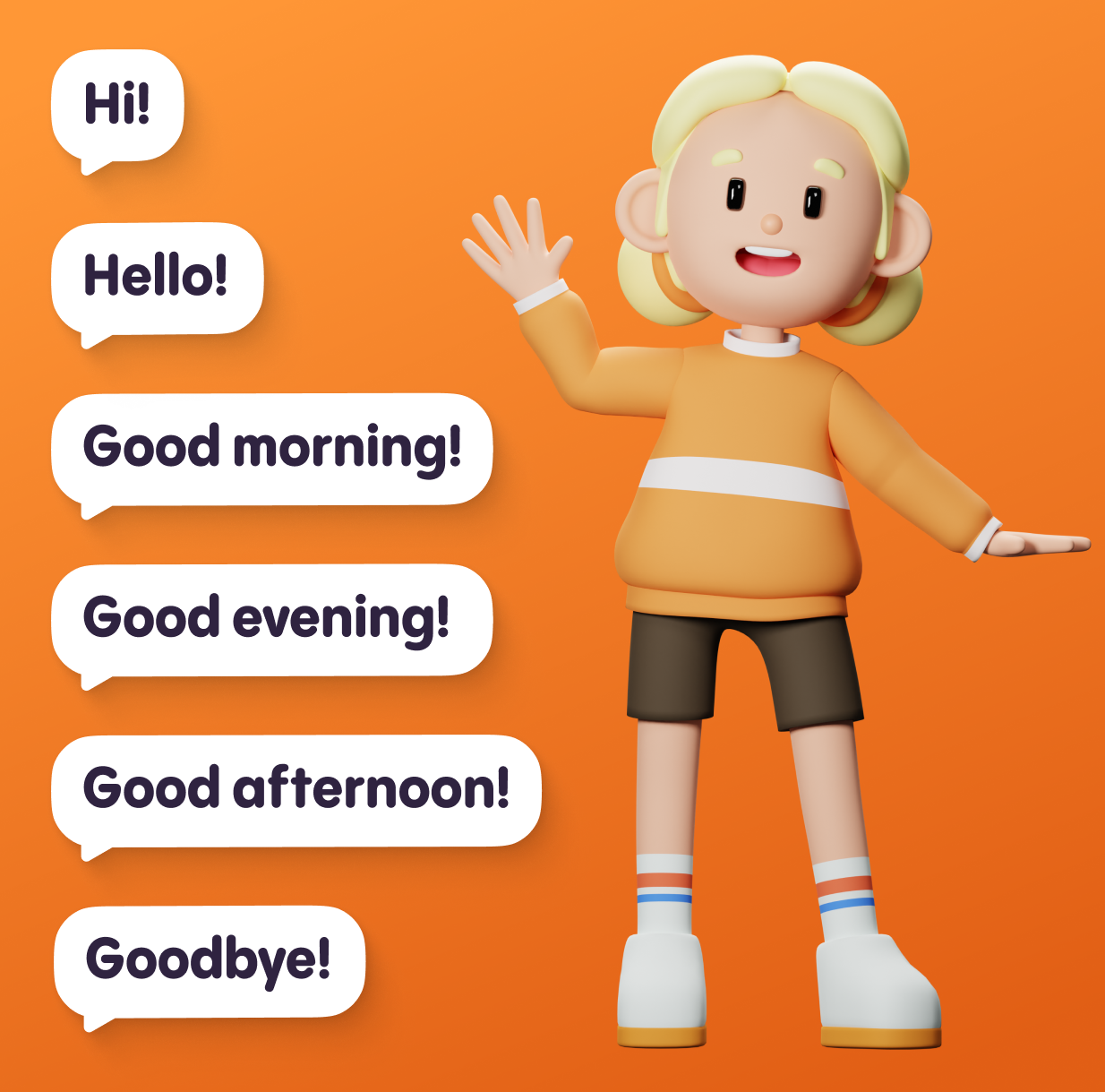
Remember, practice makes perfect! Encourage your child to use these greetings with family, friends, and even their toys to become comfortable with these basic conversation starters. Happy Greeting!
Building Blocks of Communication: Simple Sentences
With greetings under our belts, we construct simple sentences. Think of sentences as building blocks of conversation. They allow our young learners to express their thoughts, ask questions, and engage in meaningful exchanges.
Simple phrases like "How are you?" and "I am fine" are excellent starting points because they are commonly used in daily conversations. They also introduce children to asking and answering questions - a crucial aspect of effective communication.
Don't forget to check out our song "How Are You?" on our YouTube channel.
It's a fun, engaging way to practice these phrases set to a catchy tune that your child will love!
Games for Sentence Practice
To make learning enjoyable and interactive, consider these educational games:
Sentence Race: A fun game where kids compete to form correct sentences the fastest.
Word Order: A great exercise to help kids understand the structure of English sentences.
Building Blocks: A creative game where each player adds a word to build a sentence.
Counting on Success: Learning Numbers in English
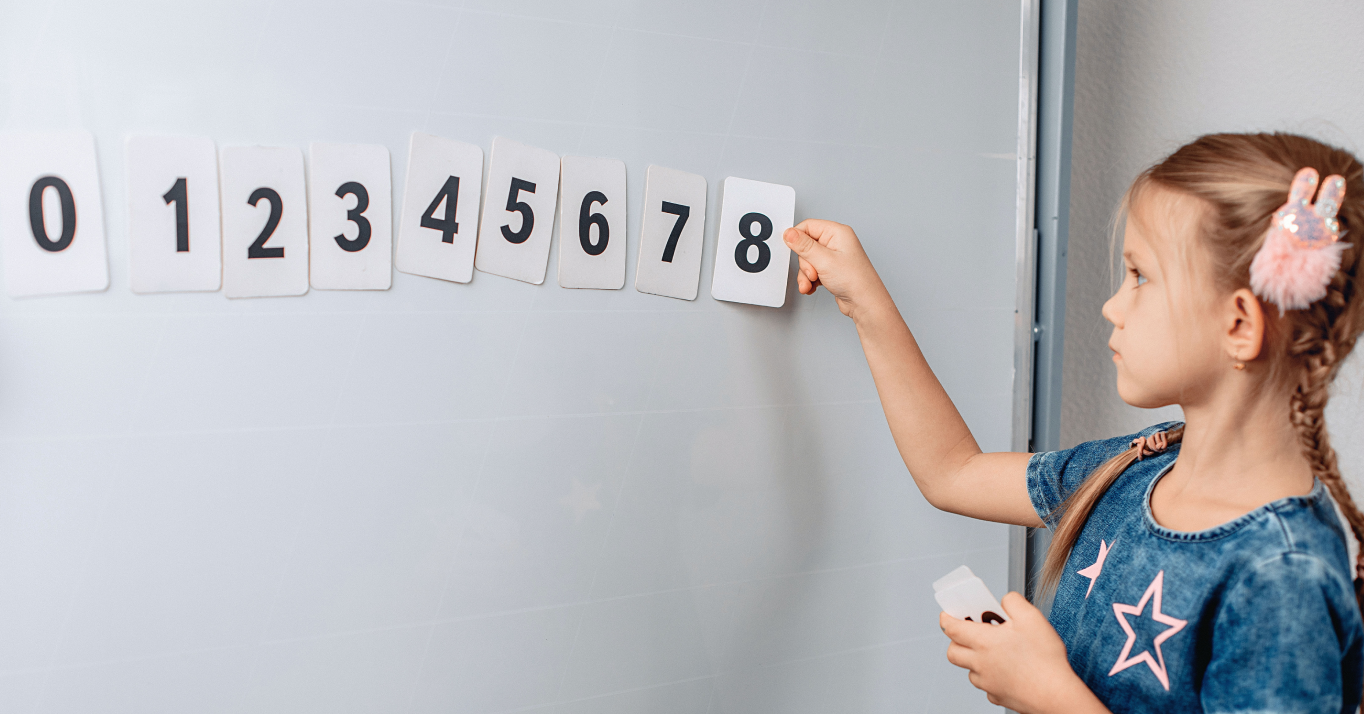
Moving forward, let's delve into numbers. Numbers open doors to more English phrases and concepts, making them an essential part of your child's English learning journey.
While learning numbers, kids can also learn to ask and answer about their age – "How old are you?" "I am six years old." This reinforces their understanding of numbers and their application in real-life contexts.
Musical Number Learning
Have you ever noticed how a catchy song can stick in your mind for days? This phenomenon, known as the 'earworm effect,' is not just good for remembering the latest pop hits. It can be a powerful tool for learning, too!
Music, with its rhythm, repetition, and rhyme, is a fantastic way to remember new information. For young English learners, songs can make learning numbers feel less like a task and more like a game! So, let's combine the magic of music with the fun of learning numbers.
The Journey of the Ten Little Ducks
"Five Little Ducks" isn't merely a song. It's an adventurous journey where children can joyfully learn to count down from ten to one. It's a catchy, delightful tune that resonates with children, turning number learning into a charming adventure!
Play and Learn: Exploring Toy Names in English
Every child has a favourite toy, making toys a perfect topic to explore in our English learning journey. Children will be more motivated and engaged by relating their learning to something they love.
Here are some familiar toys names in English your child can begin learning:
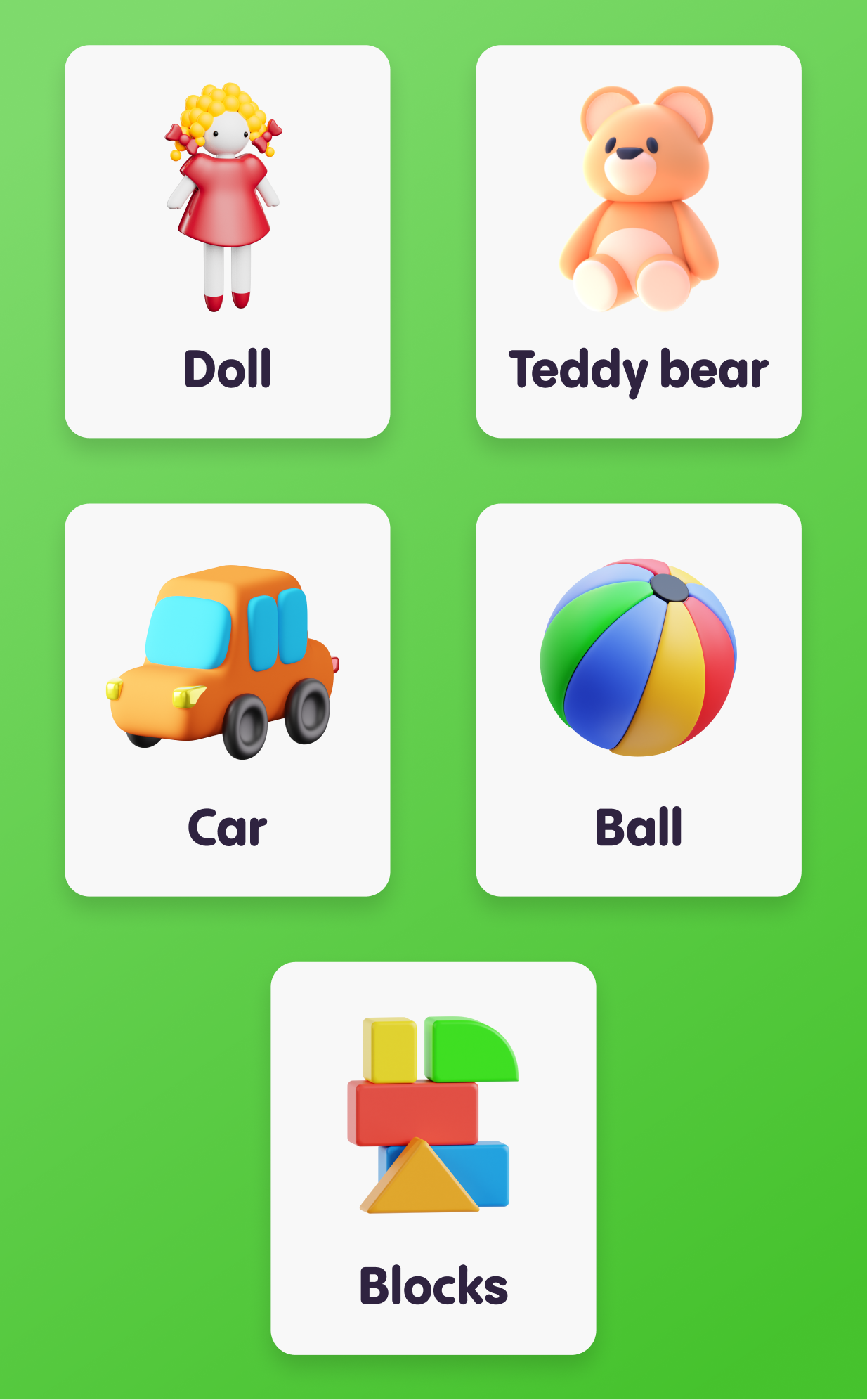
Start by pointing out these toys during playtime and saying their names in English. Gradually, your child will start associating the words with their favourite playthings. Let the fun learning begin!
Furry Friends and More: Learning Animal Names in English
Children are naturally drawn to animals, making them a fantastic learning resource. Whether it's their pet at home or a fascinating creature from a storybook, learning about animals can be a thrilling adventure!
Let's start with the names of these beloved pets:
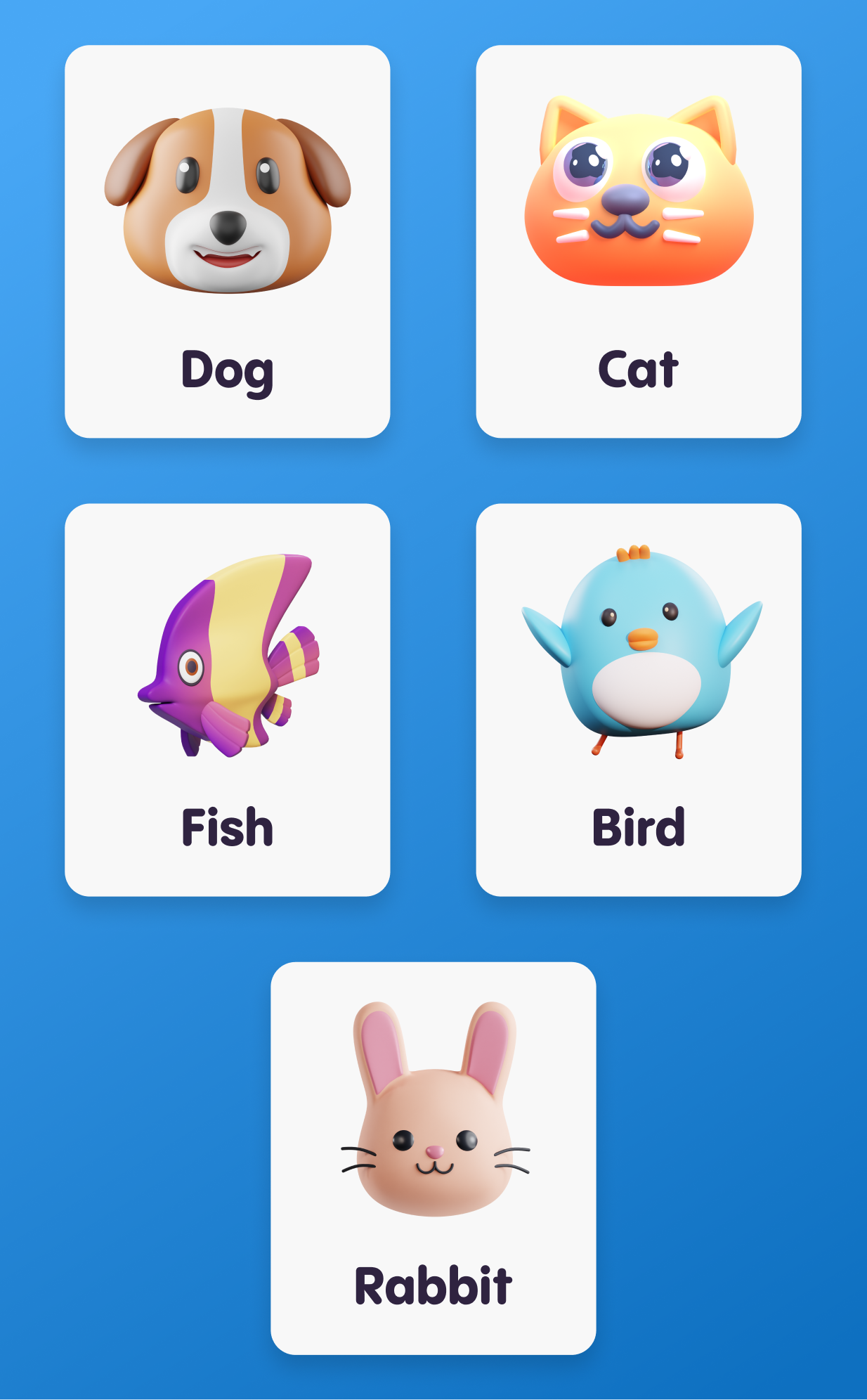
Learning is most effective when it's fun! These games can make learning animal names an exciting activity:
Animal Memory Match
A classic memory game that reinforces animal names.
How to Play:
Create pairs of animal flashcards.
Lay them face down and take turns finding matches.
Guess the Animal
A guessing game to test knowledge of animal characteristics.
How to Play:
One player describes an animal, and others guess.
The correct guesser earns a point.
Animal Charades
A fun and physical game that involves acting and guessing.
How to Play:
Write animal names on slips of paper.
Players take turns acting out the animal while others guess.
We hope this guide provides a comprehensive, fun, and engaging starting point in your child's English learning journey. Here's to many more words, sentences, and conversations ahead! Happy learning!

